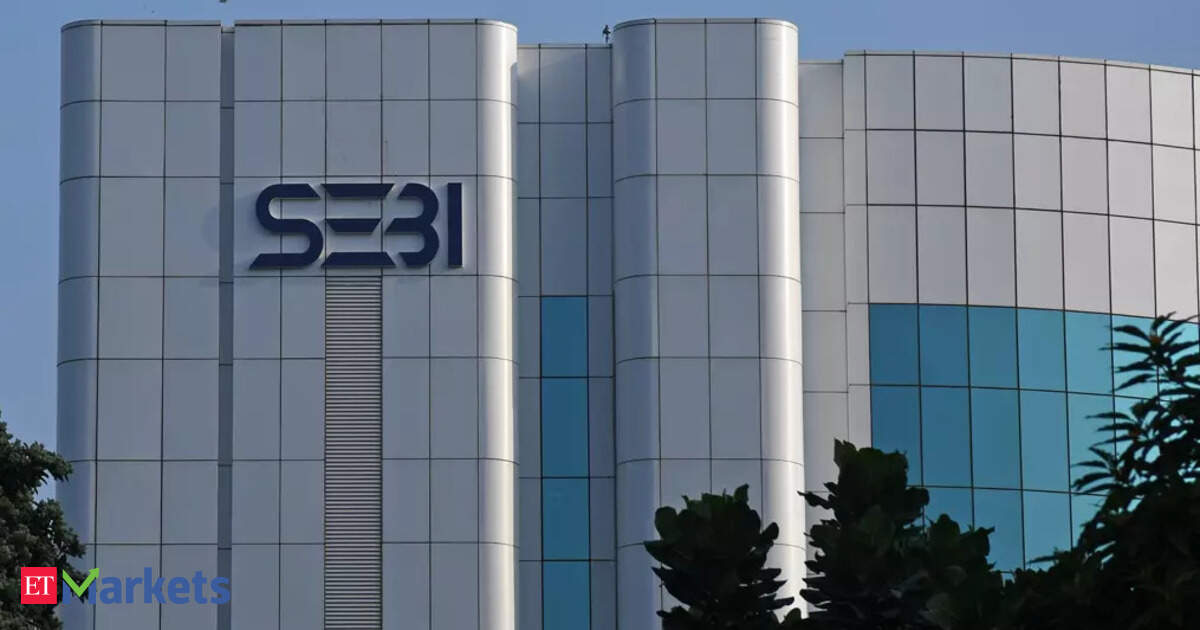In a consultation paper published Monday, the Securities and Exchange Board of India (Sebi) recommended creating turnover-based buckets to revise the thresholds that would determine when an RPT is considered ‘material’ and requires shareholder approval.
Materiality threshold is the cut-off value that determines whether an RPT is large enough for the management of a listed entity to seek the approval of the company’s shareholders. This is done to protect the interests of public shareholders from unfair dealings by the promoters or group companies related to the promoters.
Sebi’s proposed rules link the materiality threshold to the size of the company.
Companies with turnovers up to ₹20,000 crore need to treat an RPT as material only if the transaction in question is more than 10% of the annual turnover of the listed entity.
For companies with turnovers between ₹20,001 crore and ₹40,000 crore, the threshold will be ₹2,000 crore plus 5% of the amount above ₹20,000 crore. For listed entities with turnovers above ₹40,000 crore, the threshold would be ₹3,000 crore plus 2.5% of the amount above ₹40,000 crore, or ₹5,000 crore, whichever is lower.Currently, an RPT is treated as material if it exceeds ₹1,000 crore, or 10% of a company’s annual consolidated turnover, whichever is lower.
 Agencies
Agencies No One-Size-Fits-All
“The provision requiring shareholder approval for RPTs exceeding Rs 1,000 crore or 10% of consolidated turnover of the listed entity, whichever is lower, becomes onerous for listed entities with high turnovers,” said the discussion paper seeking public comments. “The absolute materiality threshold of Rs 1,000 crore propagates a ‘one-size-fits-all’ approach as listed entities are treated alike, irrespective of their turnover, scale of operations and nature of business.”
Sebi has also proposed tightening checks on RPTs done by subsidiaries of listed companies. It has recommended an RPT by a subsidiary worth over Rs 1 crore get prior approval from the listed company’s audit committee if the value of the transaction crosses certain limits.









